We all know the planet’s not in the best shape these days.

Climate change, deforestation, plastic in the oceans—it’s not exactly subtle. However, despite the mounting evidence, some people still manage to brush it all off with a handful of flimsy excuses. And while they might sound convincing at first, most of them fall apart with even the smallest bit of thought. These are the common lines people use to justify doing nothing, and why they really don’t hold up.
1. “It’s not my responsibility—it’s the government’s job.”
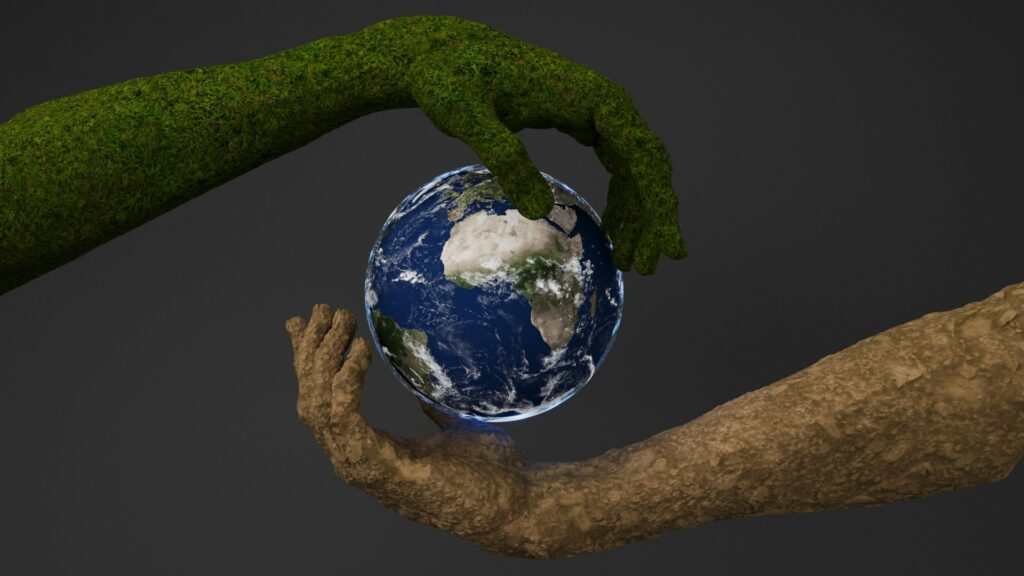
Sure, governments play a massive role in shaping environmental policy. But pinning all the blame on them is a bit of a cop-out. Individuals still influence the system—through voting, consumer choices, and the pressure they apply to leaders and companies alike.
Change doesn’t only happen in parliament or at global summits. It happens in communities, households, and everyday habits. Saying it’s someone else’s job is like watching a house burn down and refusing to call 999 because you’re not the fire brigade.
2. “One person can’t make a difference.”

This one sounds humble, but it’s actually a sneaky way to avoid accountability. It ignores the ripple effect that individual choices can have. Small changes, when multiplied by millions of people, make a serious dent in the problem. From voting with your wallet to influencing the people around you, your behaviour sets a tone. If everyone who said this actually tried, we’d already be in a better place. You don’t have to be a hero—just a decent team player.
3. “The planet’s always gone through climate changes.”
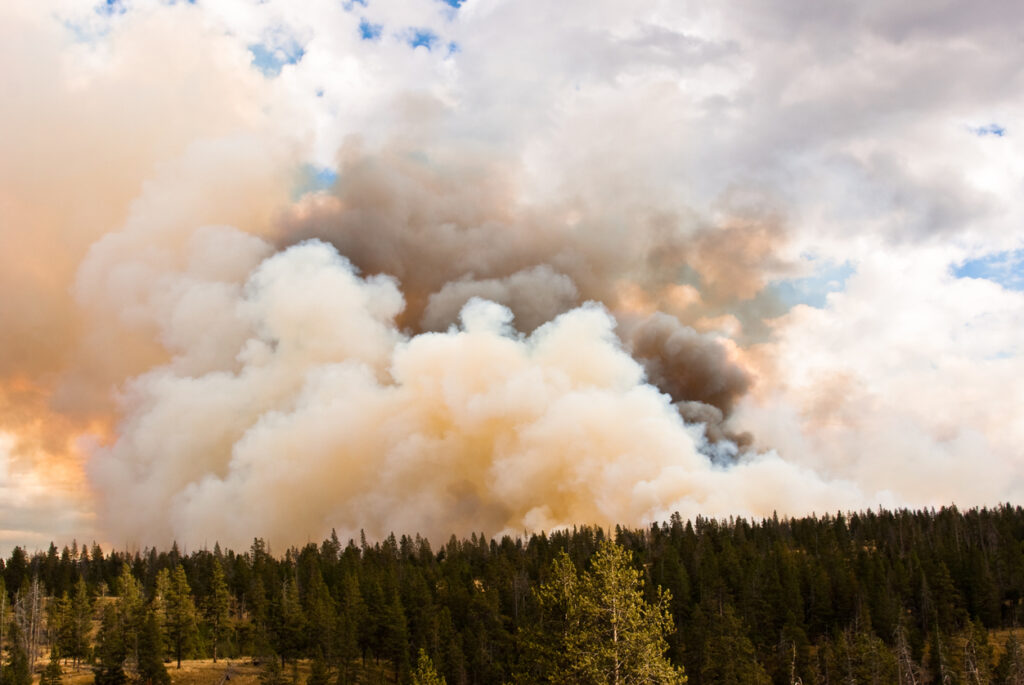
Yes, Earth has had natural climate shifts in the past—but not like this. What’s happening now is faster, more extreme, and directly linked to human activity. Using ancient ice ages as an excuse to ignore fossil fuel emissions is just bad science. This isn’t part of a natural cycle—it’s a manmade crisis. We’ve changed the chemistry of the atmosphere, and pretending it’s just business as usual is about as useful as saying “well, people have always got sick” while refusing to treat a disease.
4. “Recycling doesn’t work anyway.”
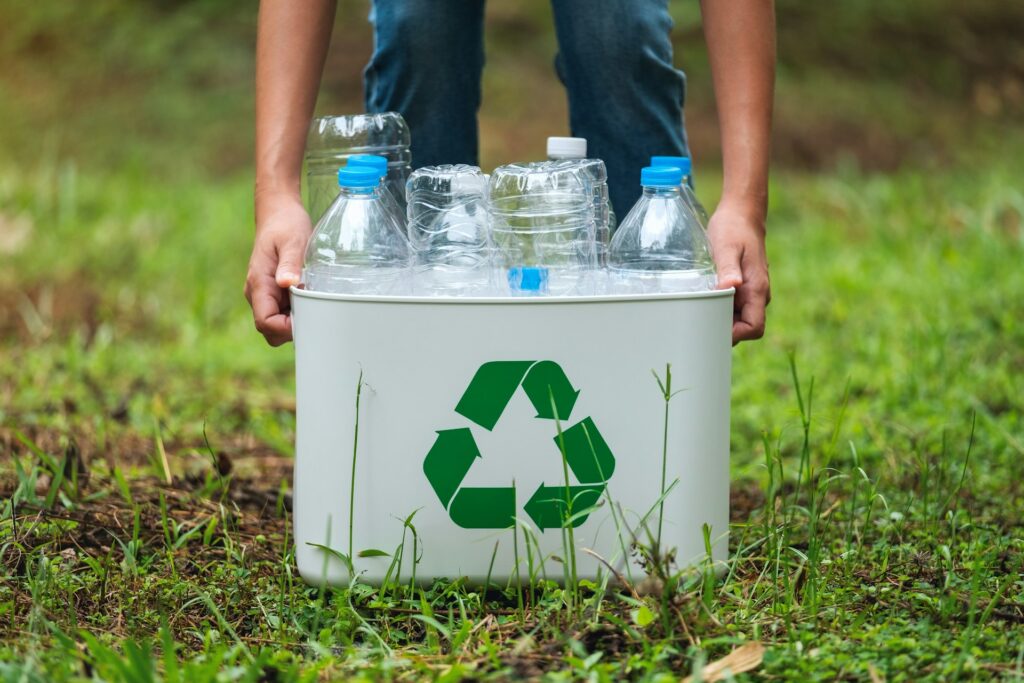
Yes, recycling systems aren’t perfect. But that doesn’t mean we should bin the whole concept, literally. The issue is often with how we recycle, not the idea of it. Contamination, lack of education, and poor infrastructure play a big role in what gets wasted.
Reducing and reusing are even more important than recycling, and they don’t rely on a local council to function. Acting like recycling’s flaws are a reason to do nothing is like saying seatbelts aren’t foolproof, so why bother wearing them at all.
5. “We need the economy to come first.”
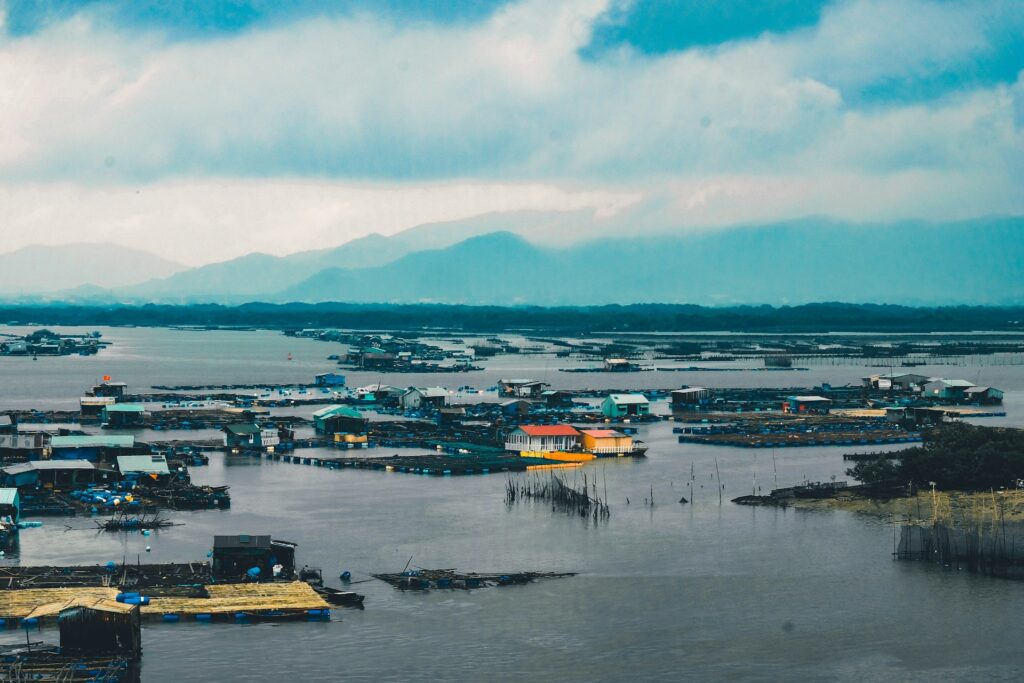
This is a classic false choice. It’s not the environment or the economy—it’s both. In fact, destroying ecosystems ends up costing more in the long run. Extreme weather damages infrastructure. Pollution drains public health budgets. Droughts and floods ruin crops.
Green technology and climate resilience actually create jobs and fuel innovation. Treating the environment as something separate from the economy is outdated thinking. If your house has a broken foundation, decorating the kitchen won’t save it.
6. “I just don’t have time to think about this stuff.”
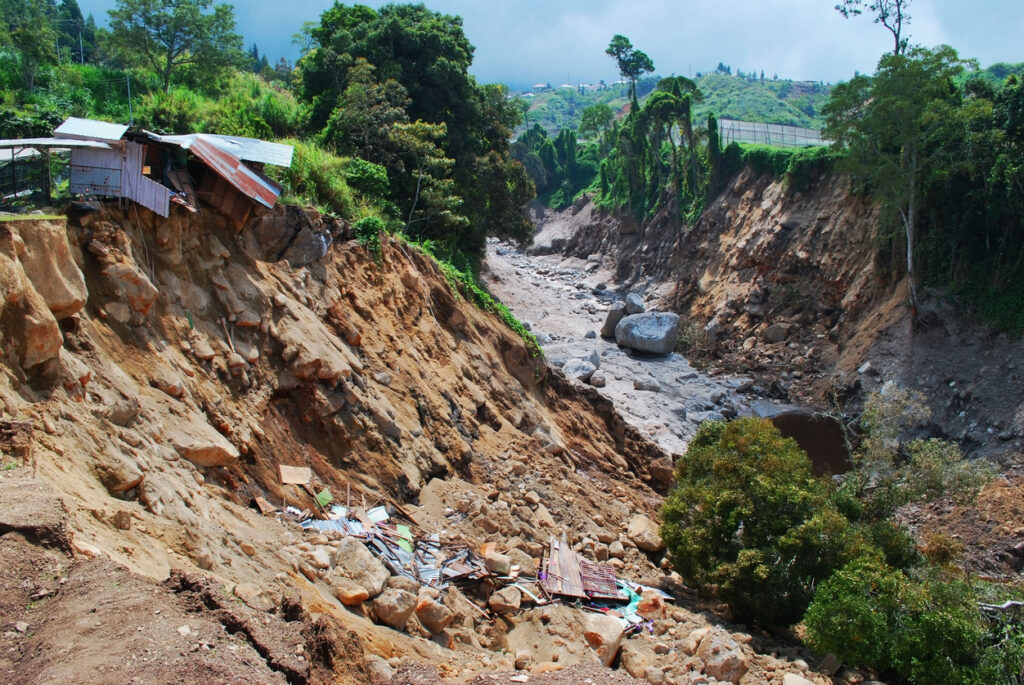
Everyone’s busy. Life is chaotic. However, caring about the planet doesn’t mean dedicating hours each day to reading climate reports. It can mean choosing reusables, eating less meat, or turning off lights when you leave a room. Small, thoughtful actions add up.
Framing sustainability as a luxury you can’t afford is usually more about priorities than time. The reality is, a lot of eco-friendly choices don’t take more effort—they just take slightly more awareness. And that’s a habit anyone can build.
7. “I’ll be dead before anything really bad happens.”
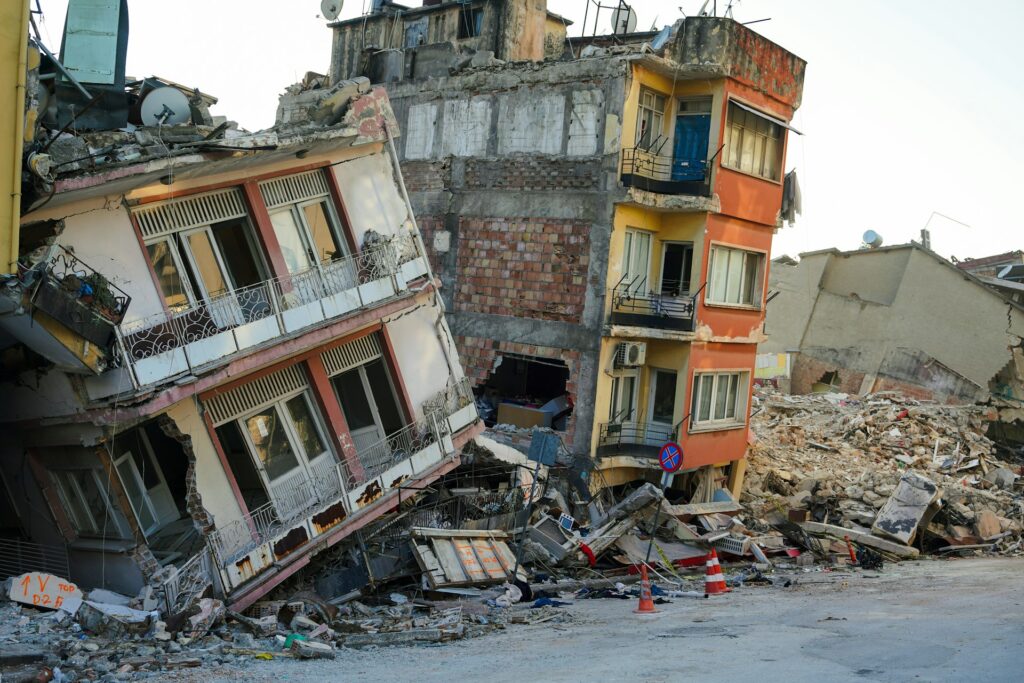
This one’s both selfish and short-sighted. First, things are already getting bad—record heatwaves, water shortages, habitat loss, wildfires. It’s not some distant apocalypse. It’s unfolding now. And second, even if you’re not personally around to feel the worst of it, other people will be.
If we all took this approach, nothing would ever get better. We wouldn’t have rights, safety laws, or medicine. Caring about the future—even if you’re not part of it—is the basis of any halfway decent society. It’s not about doom. It’s about decency.
8. “Big corporations are the real problem, not me.”
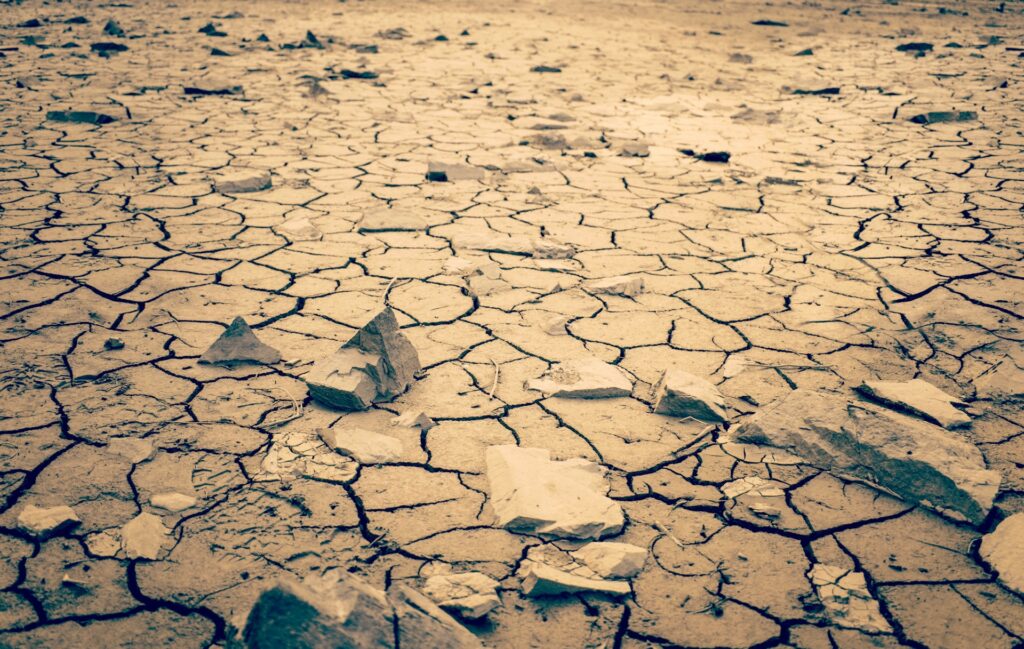
It’s true that large companies account for a huge chunk of emissions. But guess who keeps buying from them? Consumers. When enough people demand better practices or switch to alternatives, even the biggest players take notice. Blaming corporations while funding them with your purchases is a weird kind of hypocrisy. You don’t have to live off-grid to make a difference, but you can be more conscious about who you support and what you reward with your money.
9. “It’s too late to fix anything now.”
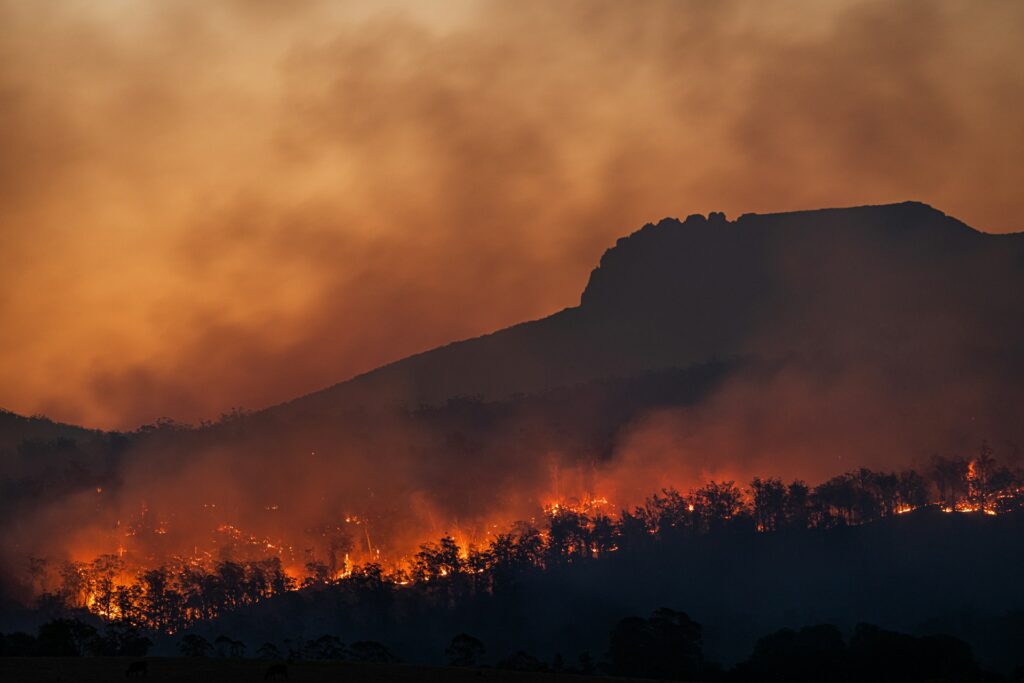
This is a dangerous excuse wrapped in despair. The situation is serious, yes—but it’s not hopeless. Every degree of warming we prevent still matters. Every forest protected, every ton of emissions avoided, still counts.
Saying it’s too late is just a way to let yourself off the hook. It’s giving up before the game’s over. We don’t need perfection—we need action. There’s still time to prevent the worst, and most experts agree that what we do now will shape the future dramatically.
10. “Nothing I do makes a dent.”
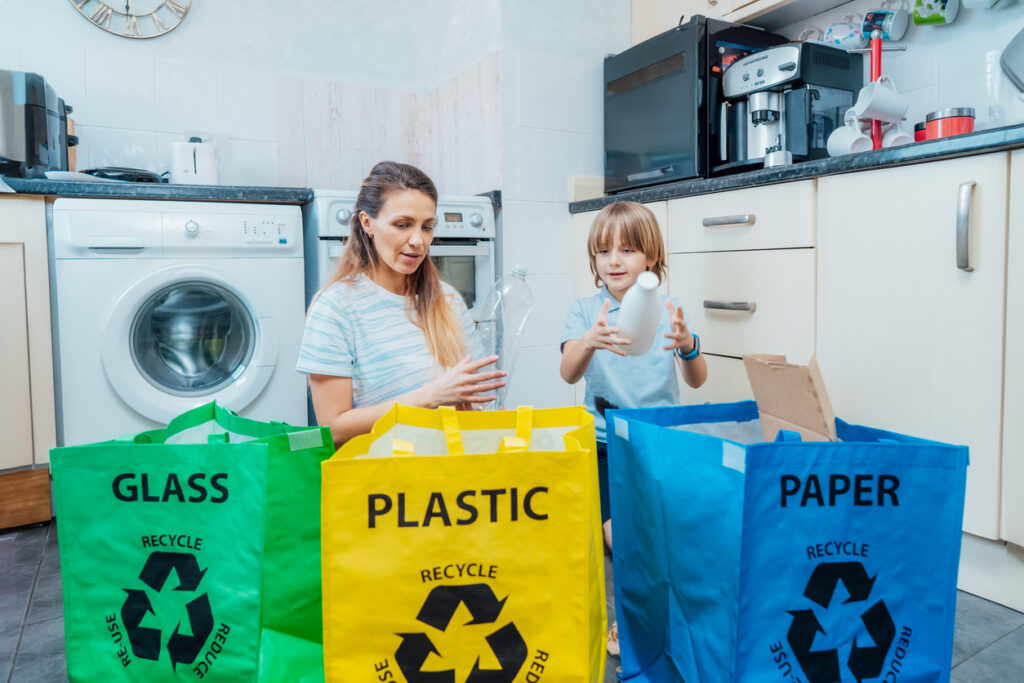
It might not feel like it, but what you do matters, especially when it inspires other people. People notice. Habits spread. Attitudes shift. Movements often start with individuals who decided to care even when it felt small or inconvenient. If no one had ever believed they could make a difference, we’d still be using lead paint, dumping sewage in rivers, or smoking indoors. Change doesn’t always roar. Sometimes it starts with someone just quietly doing things better.
11. “I can’t afford to go green.”
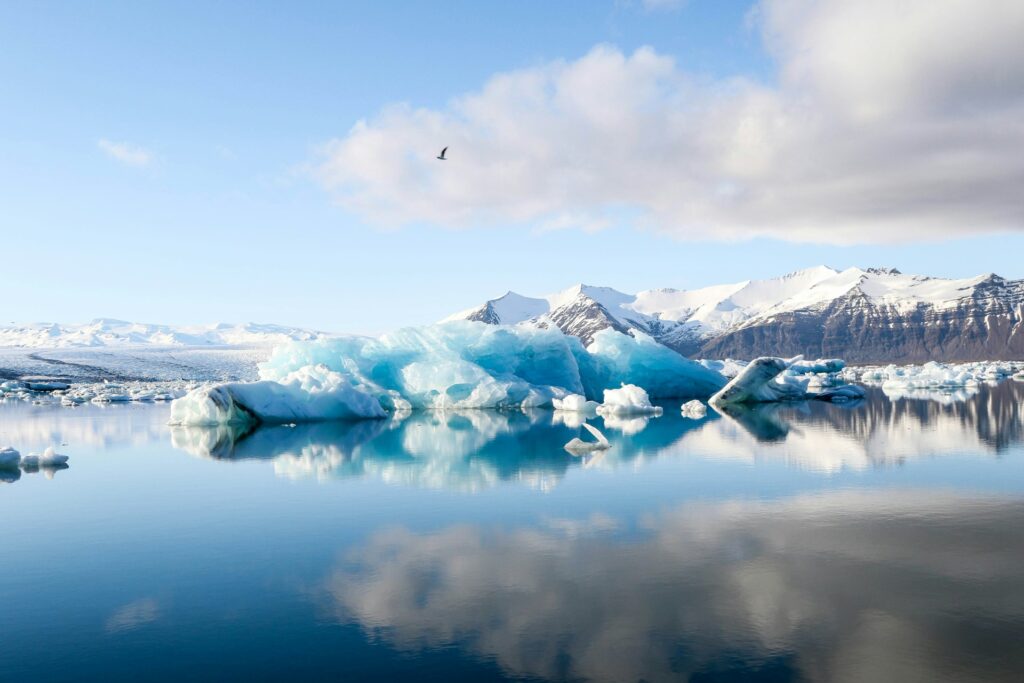
Not everyone has the money for solar panels or electric cars, and that’s fair. But being eco-conscious isn’t about big purchases—it’s about mindful choices. Buying less, wasting less, and using what you already have are all low-cost or even money-saving habits.
Sustainability isn’t a luxury lifestyle—it’s often about simplicity. Reusable bags, second-hand clothes, walking instead of driving—these things save money and reduce waste. You don’t need to be rich to care. You just need to be intentional.
12. “Humans aren’t meant to live this ‘unnaturally’ anyway.”
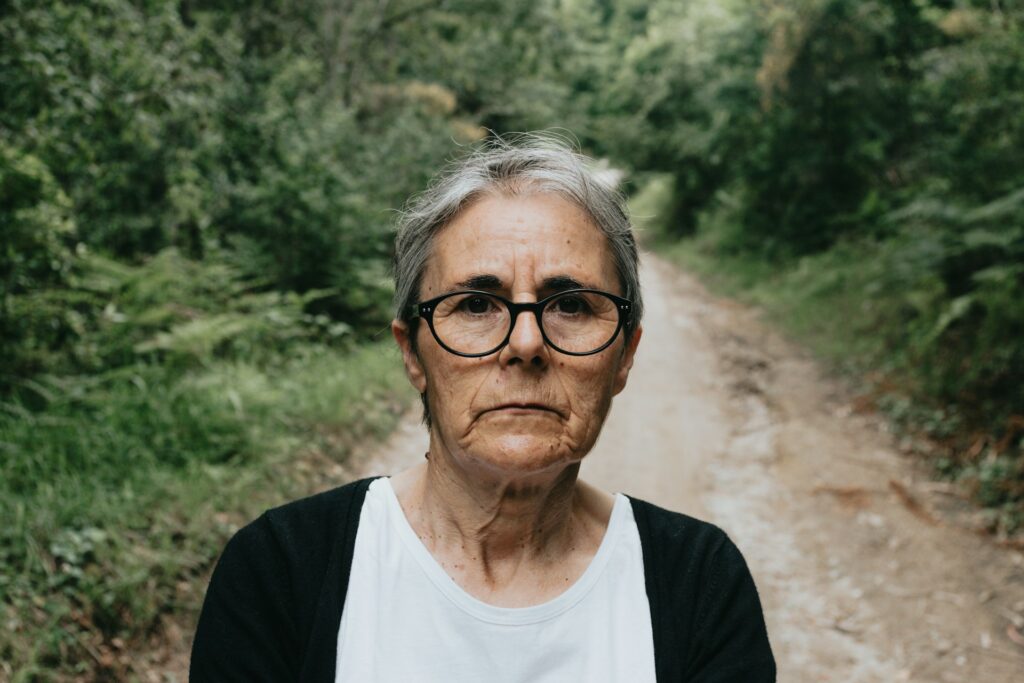
Some people twist the idea of being “natural” into a reason to give up. They’ll say things like “humans have always taken from nature” or “we’re part of the ecosystem too, so what’s the problem?” It sounds deep until you realise it’s just shrugging at disaster.
Yes, we’re part of nature. And like every other species, our survival depends on balance. However, unlike other species, we have the capacity to reflect, adapt, and improve. Using nature as an excuse to keep damaging it is backwards logic at its finest.
13. “Other countries pollute way more than we do.”
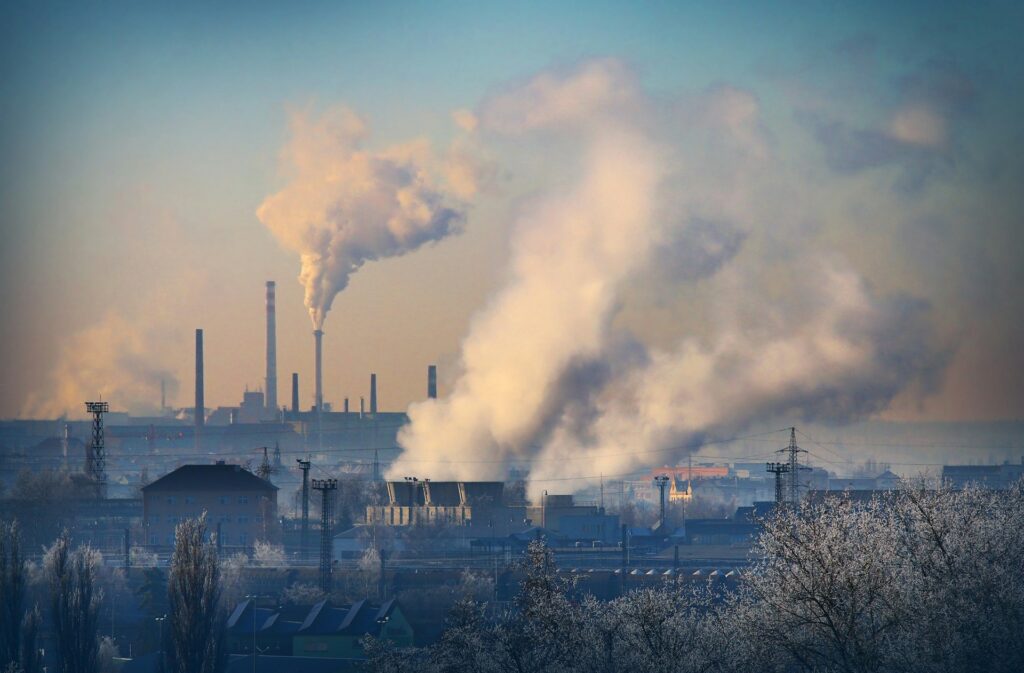
This one pops up whenever international climate talks happen. People love pointing fingers at places like China or India as a reason for doing nothing at home. However, emissions per capita—and historic responsibility—tell a different story.
We can’t wait for other people to act before we do. It’s not a competition. Global problems need global effort, and every country, community, and person has a part to play. You wouldn’t ignore a leak in your flat just because your neighbour’s roof is worse.
14. “I recycle, so I’m doing my part.”

Recycling is a good start, but it’s not a get-out-of-jail-free card. If you’re still consuming at high levels or ignoring other forms of waste, then putting your cans in the right bin isn’t quite the win you think it is. Caring about the planet means looking at the bigger picture. What do you buy? How do you travel? Where does your food come from? Recycling is great, but it’s only one piece of a much bigger puzzle. You can do better, and it’s not as hard as it sounds.
15. “I just want to live my life without feeling guilty.”
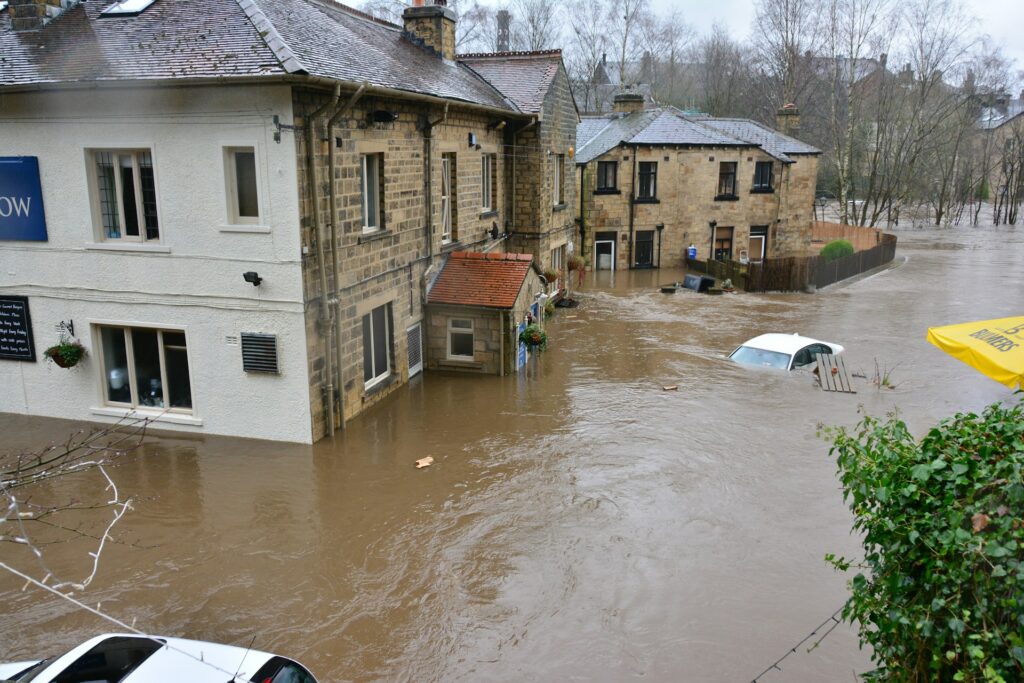
This one’s honest, but it misses the point. Caring about the environment isn’t about guilt. It’s about responsibility, community, and respect. It’s not about being perfect—it’s about being aware of how your choices affect the world around you.
You can live a full, joyful life without turning a blind eye to real problems. In fact, many people find that living more sustainably actually feels better. It’s not about shame. It’s about choosing to do what you can, where you are, with what you’ve got—and feeling good about that.